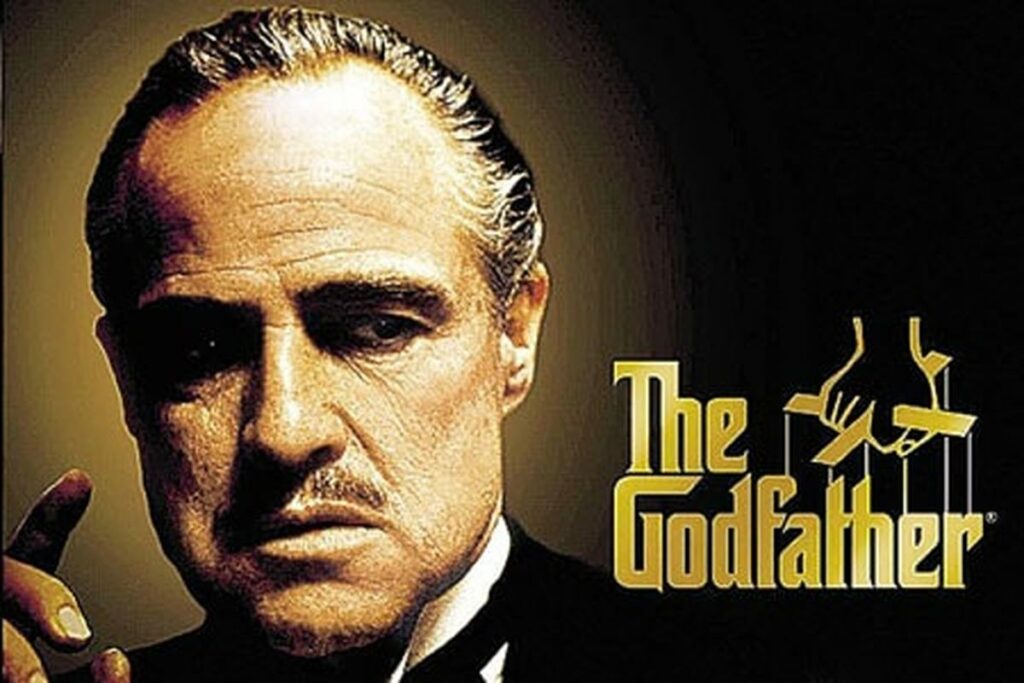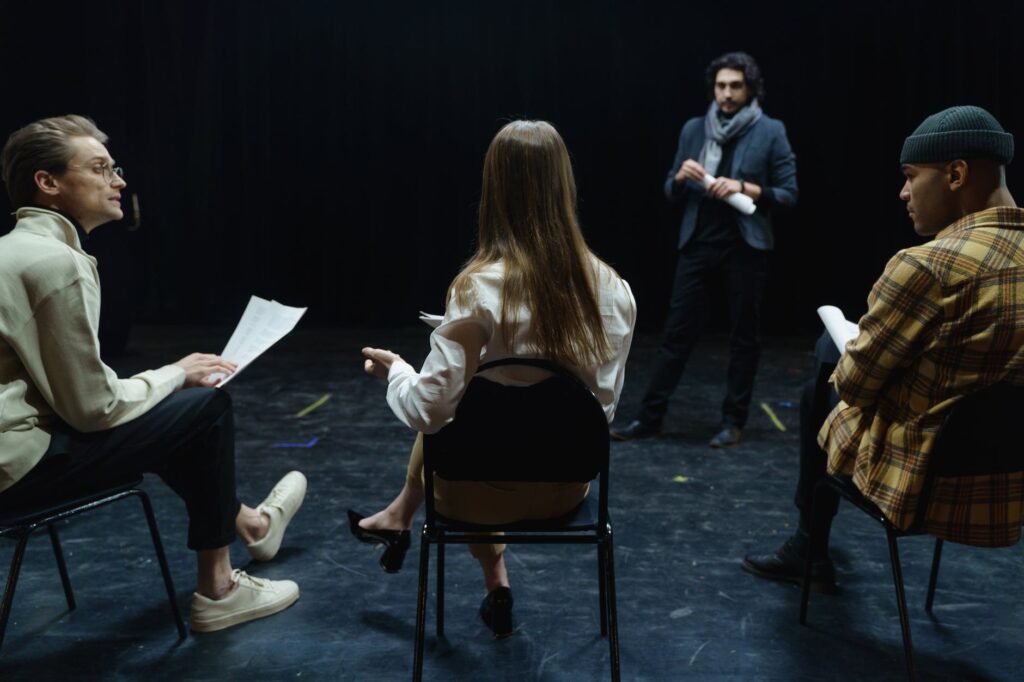When it comes to the Godfather franchise, most people think of Francis Ford Coppola as the mastermind behind the iconic films. But what many don’t realize is the unique contribution made by his daughter, Sofia Coppola.
As a young girl, Sofia appeared in the first Godfather movie as the infant son of Michael Corleone. But it wasn’t until years later that she would make her mark on the franchise in a completely different way.
In 1990, Sofia was tapped to play the role of Michael’s daughter in the third and final installment of the series. While her acting performance may have been criticized, it was her behind-the-scenes work that truly set her apart.
Sofia contributed significantly to the film’s screenplay, co-writing it with her father, and bringing a fresh perspective to the story that had captivated audiences for decades. In this article, we’ll explore Sofia Coppola’s unique contribution to the Godfather franchise and how it helped to shape the iconic films we know and love today.
Who is Sofia Coppola?
Sofia Coppola was born on May 14, 1971, in New York City. She is the daughter of renowned filmmaker Francis Ford Coppola and artist and documentary filmmaker Eleanor Coppola. Sofia grew up in a family of artists and filmmakers, so it was no surprise when she pursued a career in the entertainment industry.
Sofia started her career as an actress, appearing in a number of films in the 1980s and 1990s. However, it was her work behind the camera that really set her apart. In 1999, Sofia made her directorial debut with the film “The Virgin Suicides.” The film was a critical success and established Sofia as a talented director in her own right.
Brief history of the Godfather franchise

The Godfather franchise is one of the most iconic and influential film series of all time. The first film was released in 1972 and was directed by Francis Ford Coppola. The film was a critical and commercial success, earning 11 Academy Award nominations and winning three, including Best Picture.
The second installment of the franchise, “The Godfather Part II,” was released in 1974. The film was a critical and commercial success, winning six Academy Awards, including Best Picture. The film is widely regarded as one of the best sequels of all time.
The third and final installment of the franchise, “The Godfather Part III,” was released in 1990. The film was directed by Francis Ford Coppola and starred Al Pacino, Andy Garcia, and Sofia Coppola.
Sofia Coppola’s role in the Godfather III
Sofia Coppola was just 19 years old when she was cast in the role of Michael Corleone’s daughter, Mary, in “The Godfather Part III.” The role was originally meant for Winona Ryder, but she dropped out of the film just weeks before shooting began.
Sofia’s performance in “The Godfather Part III” was criticized by many, with some even going so far as to say that she ruined the film. Critics cited her lack of acting experience and awkward line delivery as reasons for the poor performance.
Criticism of Sofia Coppola’s performance

The criticism of Sofia Coppola’s performance in “The Godfather Part III” was harsh and widespread. Many felt that her lack of acting experience was evident on screen and that she was out of her depth in the role.
In an interview with The New York Times, Sofia opened up about the criticism she received for her performance. “It was hard to be a young woman and have people talk about how you look and how you sound and how you’re not good enough,” she said. “But I learned a lot from that experience. It made me want to work harder and be better.”
Revisiting Sofia Coppola’s performance
While Sofia Coppola’s performance in “The Godfather Part III” may have been criticized at the time, it’s worth revisiting the film to see if the criticism was warranted.
Upon rewatching the film, it’s clear that Sofia’s performance is not as bad as it was made out to be. While she may not have the same level of acting experience as some of her co-stars, she holds her own in the role of Mary Corleone.
Sofia Coppola’s contribution to the Godfather III’s script

While Sofia Coppola’s performance in “The Godfather Part III” may have been criticized, it was her behind-the-scenes work that truly set her apart. Sofia contributed significantly to the film’s screenplay, co-writing it with her father, Francis Ford Coppola.
Sofia’s contribution to the script brought a fresh perspective to the story that had captivated audiences for decades. Her youth and inexperience in the film industry allowed her to approach the story with a unique perspective that her father may not have had.
The impact of Sofia Coppola’s departure from acting
After her experience with “The Godfather Part III,” Sofia Coppola decided to step away from acting and focus on her career behind the camera. This decision would prove to be a wise one, as she went on to establish herself as a talented director with a unique vision.
Sofia’s departure from acting also allowed her to avoid the kind of scrutiny and criticism that she experienced during her brief stint as an actress. Instead, she was able to focus on her work as a director and let her talent speak for itself.
Sofia Coppola’s career as a director
Sofia Coppola’s career as a director has been nothing short of impressive. She has directed a number of critically acclaimed films, including “Lost in Translation,” “Marie Antoinette,” and “The Bling Ring.”
Sofia’s films often explore themes of isolation, identity, and alienation, and are known for their strong visual style and nuanced performances. Her films have been praised for their originality and for the way they challenge traditional gender roles and societal norms.
Conclusion
Sofia Coppola’s unique contribution to the Godfather franchise cannot be overstated. While her performance in “The Godfather Part III” may have been criticized, her work behind the scenes helped to shape the film in significant ways. Her fresh perspective and unique voice brought a new dimension to the story that had captivated audiences for decades.
Sofia Coppola’s departure from acting allowed her to focus on her true passion – directing – and helped to establish her as a talented filmmaker with a unique vision. Her contributions to the film industry have been significant, and she continues to be a trailblazer for women in Hollywood.

Leave a Reply